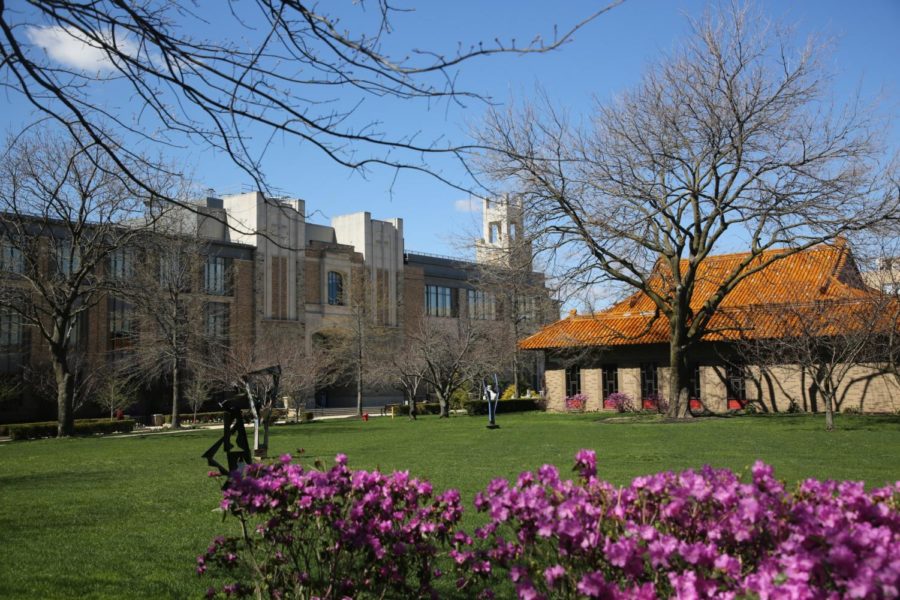In a recent interview, Student Government Incorporated (SGI) President Robert Koehler revealed that SGI’s budget money is not immediately terminated or allocated into another fund at the end of the academic year in May. In fact, any remaining money is allotted into a money market account where SGI can use it for upcoming years.
“Student government’s leftover money goes into a money market account,” Koehler said in an e-mail interview. “It is used as liquidity for future years if student government is running low on funds.”
According to SGI Treasurer Justin Alick, SGI’s approximate budget of $1.2 million is given to the organization in installments, of usually $200 to $300 thousand in each portion. The residual money at the end of the year becomes an asset, in case SGI happens to go over budget in future years.
“This way we’re still collecting interest on our funds, but also maintaining liquidity to make sure checks are paid out in time,” Alick said.
As stated by Alick, about once every month and a half SGI dips into this liquidity. However, this can happen more frequently throughout busier times in the year, such as in the beginning of the fall semester when school kicks off, or during Spring Week in April.
“All of the money deposited into the money market account is SGI’s money, and of course, the students,” Alick said.
According to Alick, 99 percent of SGI’s budget originally comes from student activity fees. A fraction of this money is broken off into the budgets of SGI-funded organizations. If an organization were to need additional money, they must request it from SGI.
“For our bigger events, our budget may not be able to cover all of our expenses for it,” Kylynn Garingalao, treasurer of Philippine Americans Reaching Everyone (P.A.R.E.), said. “In that case, we have to ask for a special allocation from SGI, but this does not guarantee that we will receive the full amount that we need.”
The budget given allows organizations to participate and hold activities that can influence their members.
“SGI’s budget impacts the programming we are able to provide for our fraternity and sorority members and the larger student community,” Greek Life Advisor Christine McGill said. “The funds are spent on values-based programs…These are typically in the form of conferences, retreats, recognition programs, celebrations, educational workshops and speakers.”
Despite SGI’s money market account and their liquidity, any SGI-funded organization’s residual money is returned to SGI and does not roll over for the upcoming academic year. In an e-mail interview, Alick said that this money, “along with all leftover funds from the operating budget gets deposited into the money market account.”
According to Garingalao, if an SGI-funded organization does not spend all of their allocated money during the year, it can disturb their prospective budget in the future.
“I’m not sure what happens to it after SGI takes it back, but I know that if we do not use what is given to us, it may affect the budget amount that our organization is given next year,” Garingalao noted in an e-mail interview.
In an e-mail interview, Haraya Treasurer Jonathan Bembry also accounted to a budget disturbance if not all of the money is used.
“Unfortunately, any money that is leftover in our budget cannot be used and does not roll into next year, like money in an earned income account,” Bembry said. “As an organization, you actually have to spend all of your money in your budget or you may be penalized for next year.”
Alick said that although this system has always been around, its necessity arose a couple of years ago, when SGI exceeded their budget. According to Alick, that past SGI e-board had to meet the extra amount by going through other unknown means.
Currently, Alick states that SGI is and will not be going over budget, and is, in fact, presently operating on a surplus.
“Right now, looking at it, I may have a surplus of between $150 and $250 thousand,” he said.







